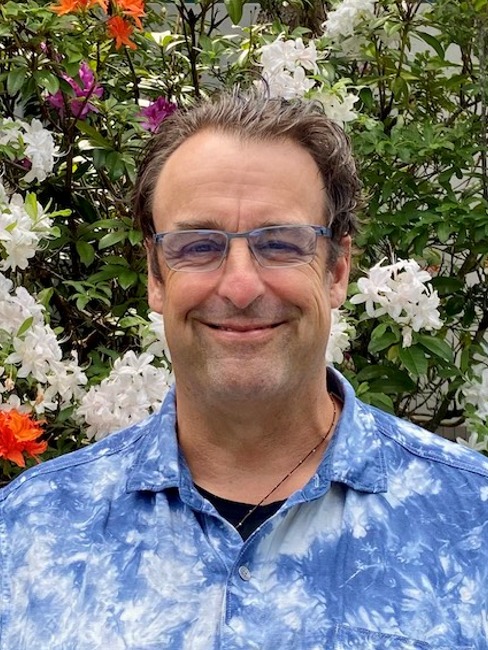Michael Wong, M.Ed., LMHC, is a licensed mental health counselor in Washington State (License # LH 61255846). Michael attended his undergraduate studies at the University of Washington and obtained his Bachelor of Arts in Psychology. Michael then went on to complete his graduate degree at the University of Puget Sound for his Masters of Education in Mental Health Counseling.
Prior to becoming a licensed mental health counselor, Michael worked in the field of domestic violence providing advocacy for individuals and families who were experiencing or had experienced domestic abuse. Once Michael obtained his Masters in Mental Health Counseling, he worked in community mental health at Greater Lakes Mental Healthcare in Lakewood, Washington. Michael worked within a wide range of diversity and age groups.
Michaelís theoretical orientation consists of an eclectic approach that is non-judgmental, trauma-informed, and flexible for individuals seeking counseling services. Michael believes that everyone is unique in their own journey through counseling and will collaborate with each individual on creating a tailored treatment plan to help better manage day-to-day life. Michael works with adolescents, adults, families, and older adults. Treatment interventions Michael provides are humanistic therapies, holistic therapies, person-centered therapy, solution-focused therapy, motivational interviewing, cognitive behavioral therapy, somatic therapy, compassion-focused therapy, strength-based therapy, interpersonal therapy, multicultural counseling, and family system therapy.
Michael provides supportive counseling for individuals experiencing depression, anxiety, grief and loss, post-partum depression and anxiety, post-traumatic stress disorder, complex trauma, adjustment disorder, intergenerational trauma, interpersonal relationship challenges, and life-stressors. Michael has a strong focus working with complex trauma. He understands that when we experience complex trauma it can cause a variety of interpersonal challenges as well as behavioral health challenges.








